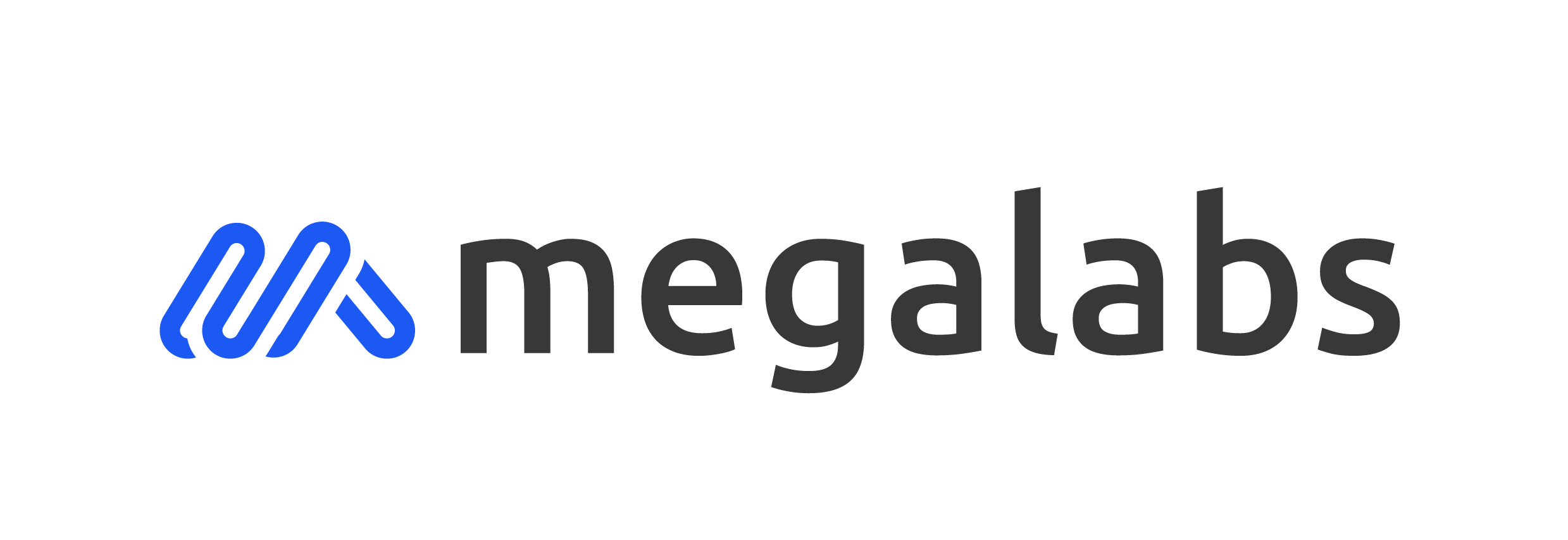The role of AI in banking and wealth management is becoming a vital. Banks, insurance companies, and wealth managers use artificial intelligence to make better decisions. This allows them to provide better services, from risk management to customer service.
Without AI, banks, insurance companies, and investment firms would have a difficult time performing their jobs as It handles a lot of data. With the help of AI solutions financial bodies access essential information at the right time so that they can make better decisions.
As a bonus, AI can free human analysts to focus on more strategic endeavors, like coming up with new products and services for customers, by automating mundane tasks or providing insights that would be difficult or impossible to find manually.
Here we will talk about what AI can offer for banking and wealth management sectors.
Banking
AI in banking is growing and bringing the potential solutions that generate growth across business segments. According to reports %80 of the banks are aware of the advantages of using AI.
Banks are using AI to transform the customer experience by enabling 24/7 customer service interaction. But AI in the banking sector isn’t just limited to retail banking services.
The back offices of investment banking and all other financial services for the matter are taking benefit from AI.The main channels where banks are actually using artificial intelligence are front office which is responsible for conventional banking and back office responsible for fraud detection and risk management.
Fraud detection
Artificial intelligence is a potent weapon against fraud. It can analyze patterns and behaviors to detect suspicious activity, such as unusual account activity or purchases that don’t match your spending habits.
AI in banking systems are constantly looking for any fraud transactions based on previous data. If an AI system detects an abnormal activity, it investigates the transactions on its own and reports the information to bank officials.
Customer service
AI can help banks provide better customer service by understanding what customers want and need, then providing an appropriate response based on those preferences, whether an automated or human employee.
Banks are leveraging algorithms on the front end to smooth customer identification and authentication to eliminate the hustle of customers to go through the verification process and they speed up the process to save valuable time for the bank and the customers.
The banking sector is now using chatbots. Chatbots are supported by powerful AI algorithms. Based on the previous data and experience of the customer, the chatbots can provide much more user centric response and eliminate the need of the user assistant department. The algorithms that are supporting chatbots have also been implemented inside the banking service to help the clients to get the interaction and get the answer as fast as possible. The voice assistants and chatbots help banks save a lot of money and enhance the customer relationships and provide personalized insights and recommendations.
Credit scoring
AI systems are also used to assess a customer’s credit score. Risk algorithms use machine learning techniques to analyze data from various sources. Such as previous financial activities, credit card transactions or social media posts, to predict whether someone will repay their loans on time. Analyzing several factors automatically makes the decision making process easier and faster.
Wealth Management
The benefits of AI in wealth management are becoming increasingly clear as investors and advisors alike are exploring ways to harness its power. Investment strategies, portfolio management, and financial planning are all areas where AI can be helpful in wealth management.
Investment strategies
Investing requires decisions about what to buy (stocks, bonds, real estate), how much to buy, whether to invest directly or through a mutual fund, etc.
AI can help portfolio managers develop better investment strategies by analyzing historical data and making predictions about future outcomes. This allows them to provide their clients with more accurate forecasts about how their portfolios will perform over time.
Portfolio management
AI can be used by portfolio managers to make decisions about what types of assets should be included in a client’s portfolio. The decision is taken based on their risk tolerance levels, goals for growth or income generation, age range, etc.
It can also be used to manage the portfolio by analyzing historical data, making predictions about future outcomes, and suggesting changes based on those predictions. This allows portfolio managers to provide their clients with more accurate forecasts about how their portfolios will perform over time.
Risk management
One of the main benefits of AI in wealth management is identifying potential threats before they occur. This allows investors to take action before they become problems. Such threats include macroeconomic events such as recessions or inflationary periods which can cause losses for investors who are not prepared for them .
AI can help investors to prepare for these events by analyzing past data and providing a prediction of how the economy might perform in the future. It can also analyze economic trends and identify patterns that could help predict future outcomes.
Conclusion
It’s still early, but usage of AI in banking and wealth management has the potential to transform the sectors dramatically. There is still a long way to go before the general public widely adopts the technology. Still, as more businesses incorporate AI into their offerings, we anticipate a more significant impact of AI on the future of finance.

